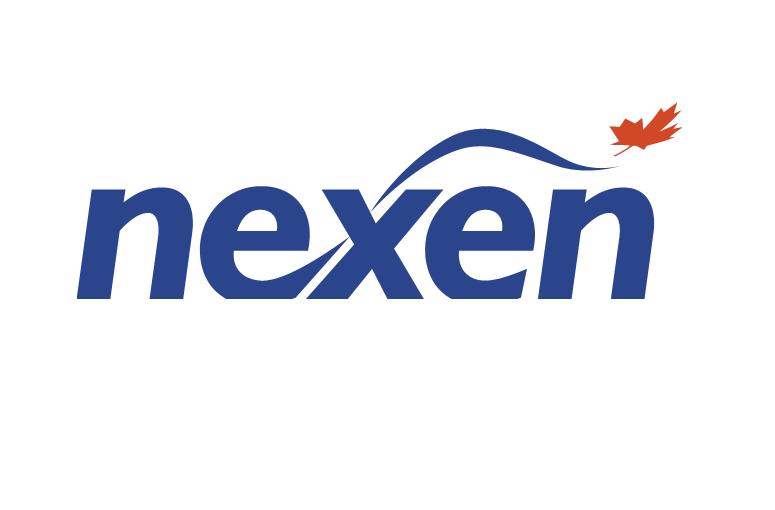Some political issues are black and white, many others aren’t so perfectly distinguishable. The Conservative Party in Canada has had a long history of its prominent members opposing the communist Chinese regime. From MP Rob Anders’ alarm-raising of Chinese tactics that try to lure Canadian government officials with junkets to — and honey traps in — the world’s most populous nation, to Jason Kenney’s visit China to the home of Zhao Ziyang, a former senior Chinese official who was under house arrest for his push for democratization. The flare-up of the conservative base against spending tax dollars to build a visitor’s centre for the Bethune Centre in Tony Clement’s riding was but the most recent example. The most notable prior commemoration of Bethune in Canada had been fully funded by the Chinese Communist Party — a statue in Montreal.
Senior Canadian politicians — after retirement — have been actively engaging with China. Jean Chretien is said to have active business interests in the country, while Stockwell Day is the latest to add heft to the building of business relations with the Middle Kingdom.
One senior official in the Harper government remarked to me that Canada’s position on China is changing and the latest outreach to China indicates an ability to “walk and chew gum” at the same time. Presumably, Canada remains committed to human rights in China while looking to build Canada’s long-term economic interests in that country.
One result of walking the economic relationship along has been the announcement of China’s state-owned CNOOC announcing a $15 billion bid for Canada’s Nexen, an energy company actively developing Canadian oilsands. Such a sale would increase Chinese control to a 20% level of all Canadian oilsands projects.
Many factors are at play here. Regarding foreign investment in Canadian natural resources, the sought to formalize the policy in legislation.
The Canadian government has yet to approve the Nexen sale under the Canadian Investment Act, however, it appears that it is bullish with respect to Sino-Canadian capital investment.
“Canada is a country that welcomes foreign investment,” International Trade Minister Ed Fast said in Toronto on Tuesday. “We have rigorous review mechanisms in place that ensure that any investments that are made in Canada are in Canada’s net benefit and in our national interest and I’m confident the process will work.”
That’s certainly clearer signally from the government than we saw in the weeks leading up to the Billiton decision.
Clearer still is the Harper’s aggressive tack since on natural resources since forming a majority just last year. A key theme has been a full-speed ahead order on oil, gas, and mining (codenamed “Responsible Resource Development” in EAP-speak). Besides shepherding a projected doubling of oilsands projects over the next ten years, finding new markets and building transmission capacity (read: pipelines) are the domestic economic issues that are keeping the Prime Minister up at night.
And what of Stephen Harper’s small-c conservative base on the Nexen sale? No doubt, the business community welcomes open borders on trade. Yet, the anti-communists cannot be too happy about the PM’s softening stance on China. We’ve seen some deft manoeuvring by a few conservative editorialists to stake out a principled position on the issue. Conservative-minded individuals abhor the nationalization of anything, let alone Canada’s natural resources. But conservatives must stress that Canada is open for business. The CNOOC bid is therefore seen in an anti-market, state-corporatist light: this is the nationalization of Canadian natural resources by a foreign nation.
It is largely expected that the sale will be approved.
